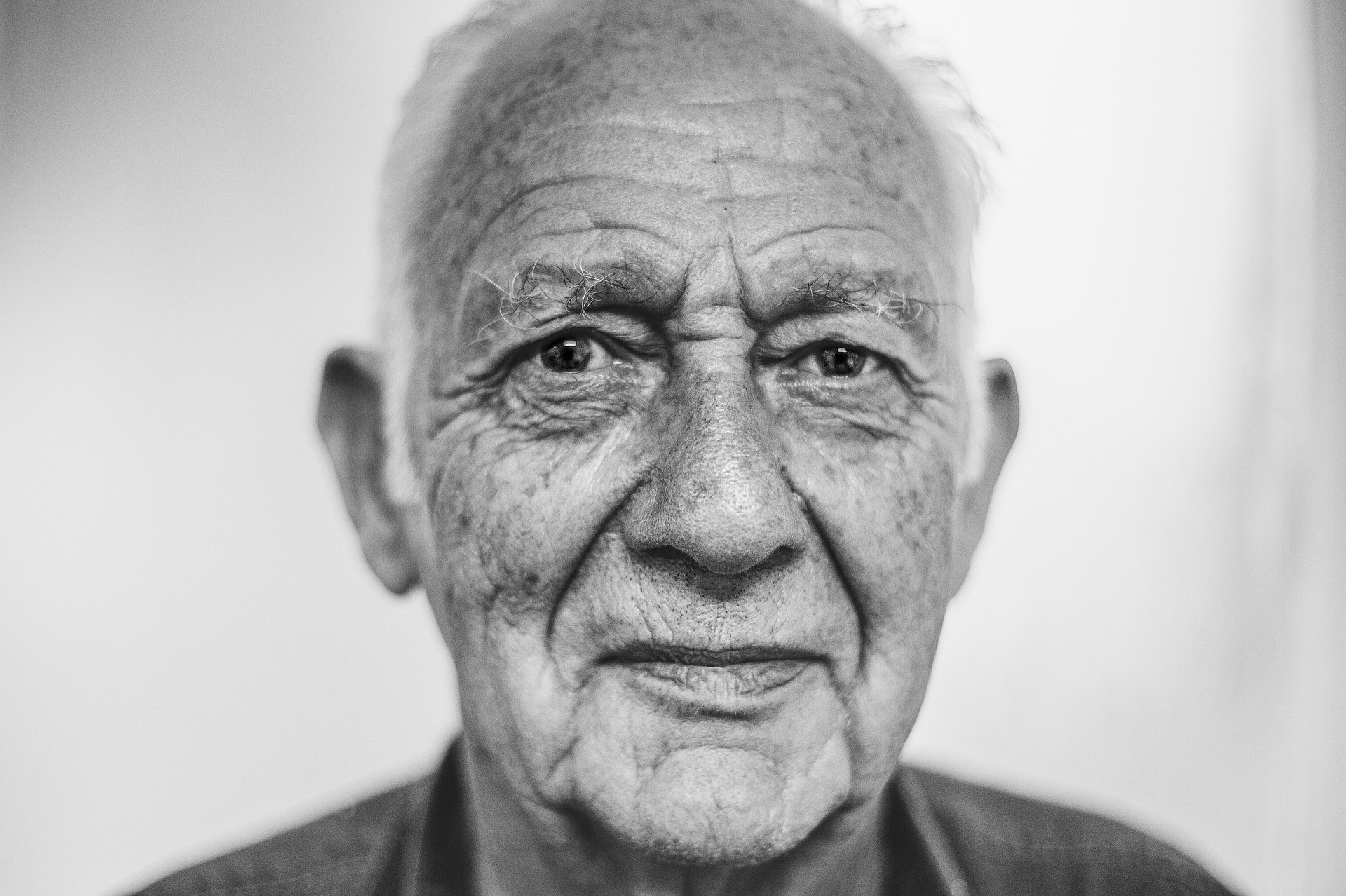
How can we live to be over 100? Who wouldn’t want to maintain their physical vigor and mental sharpness into the golden years? I have plans myself to still be lifting in my 90’s. Alice Park from time.com writes about a study conducted by Stuart Kim. He is a professor of developmental biology and genetics at Stanford, and had his study published in the journal PLOS Genetics.
Lifestyle is an obvious factor which we clearly have control over. Also obvious, is that the key to longevity is avoiding disease. One perspective is that crucial factors concerned with disease are actually out of our control, and determined by genetics. The purpose of Kim’s genetic analysis study was to question if centurions possess special anti-aging mechanisms or if their genome simply contains less genes which cause disease. Alice writes:
” Based on the data so far, most experts have concluded that centenarians get to where they are because they have some anti-aging secret that shields them against the effects of aging. That’s because studies found that centenarians had just as many genes that contribute to disease as those with more average life spans.”
Stuart Kim on the other hand, feels that his results show that centurions simply have less genes which increase the odds of chronic disease, rather than some novel anti-aging mechanism (though he admits some novel mechanism is possible and just hasn't been found yet). This opposes past findings, in which researchers supported the argument that no difference existed in the level of disease causing genes between centurions and those of normal life spans, suggesting that a novel anti-aging mechanism is indeed at play.
Stuart highlights several genetic regions that can explain the contrast between life spans of people: Alzheimer’s, heart disease, A-B-O blood type and the immune system’s HLA region.
Ultimately, Stuart does suggest that an anti-aging mechanism may exist, and it simply has not been found yet. What has not been addressed however, is an explanation for the speed of aging. It has been suggested that the ends of chromosomes shorten as a person ages due to replication. Some believe this could explain why some people at 50 look 40, whereas others look 60. This is an interesting topic I will keep my eyes on. Not only is it important to understand genetically how some people avoid chronic disease, but it could also be incredible to fully understand genetically why some physically age faster than others. A link to the full article is below.
SOURCE: How to Live to 100: Researchers Find New Genetic Clues








